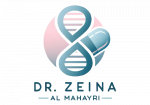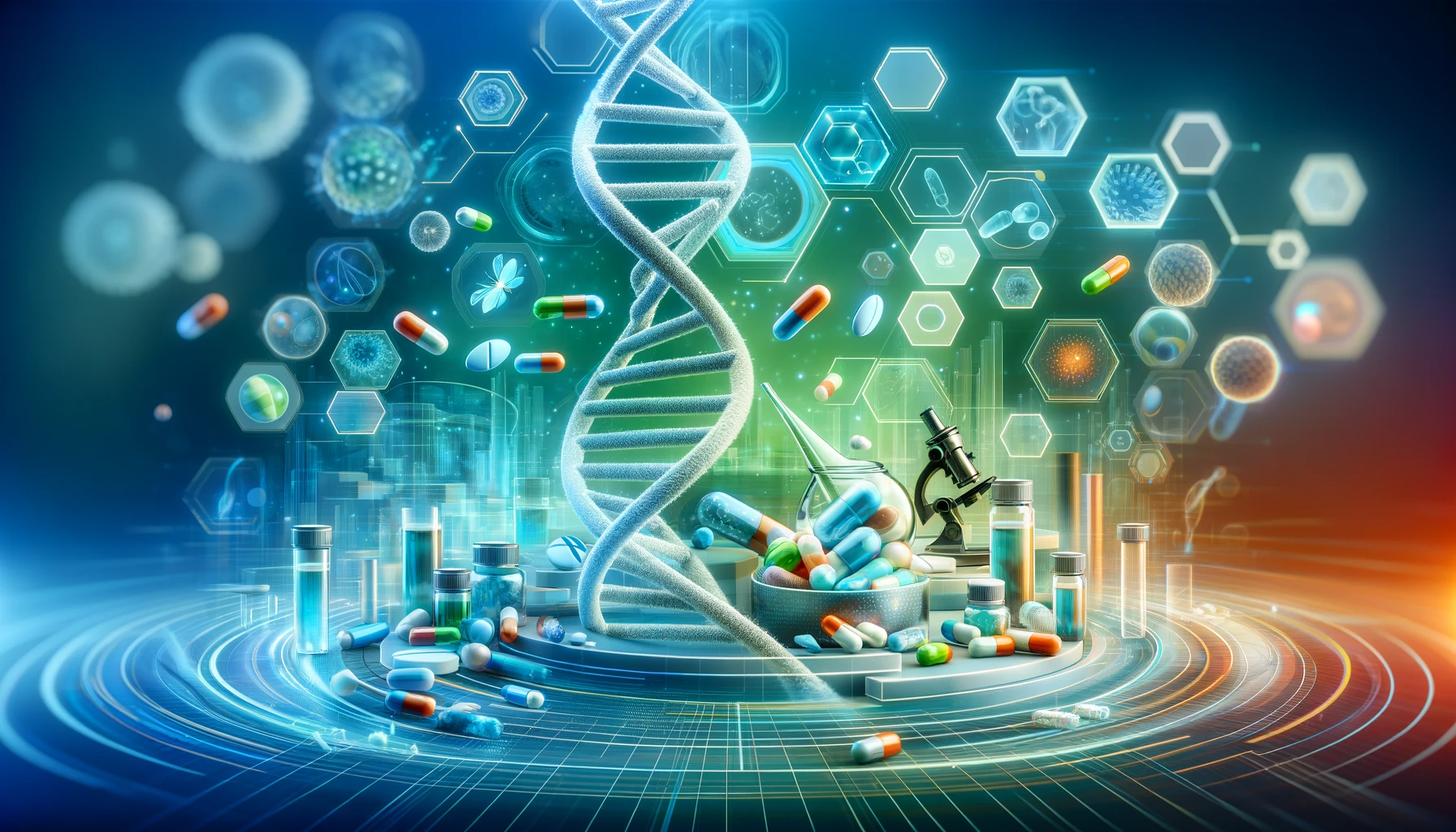The Complexity of Genetics in Healthcare
For many years, genetics has been perceived as a daunting and complex science, often shrouded in mystery and filled with intricate details that seem almost impenetrable. This perception has led to a certain level of apprehension among healthcare practitioners, from specialized clinicians to pharmacists and nurses. The intricate nature of genetic information, combined with the rapid pace of advancements in the field, has made it a challenging subject to grasp and integrate into daily medical practice.
The Inevitability of Genomics in Modern Medicine
The Importance of Genomic Literacy for Healthcare Practitioners
In light of these advancements, healthcare practitioners at all levels must gain a solid understanding of genetics and genomics. This is not just about keeping up with the latest scientific developments; it’s about providing the best possible care to patients. Genomic literacy empowers practitioners to interpret genetic information correctly, understand the implications of genetic testing, and make informed decisions about treatment and care.
For Specialized Clinicians
For Pharmacists
Pharmacists, too, are encountering genomics more frequently, particularly in pharmacogenomics. This branch of genetics looks at how genetic variations affect individual drug responses. Understanding these variations can help pharmacists tailor medication plans to maximize efficacy and minimize side effects.

